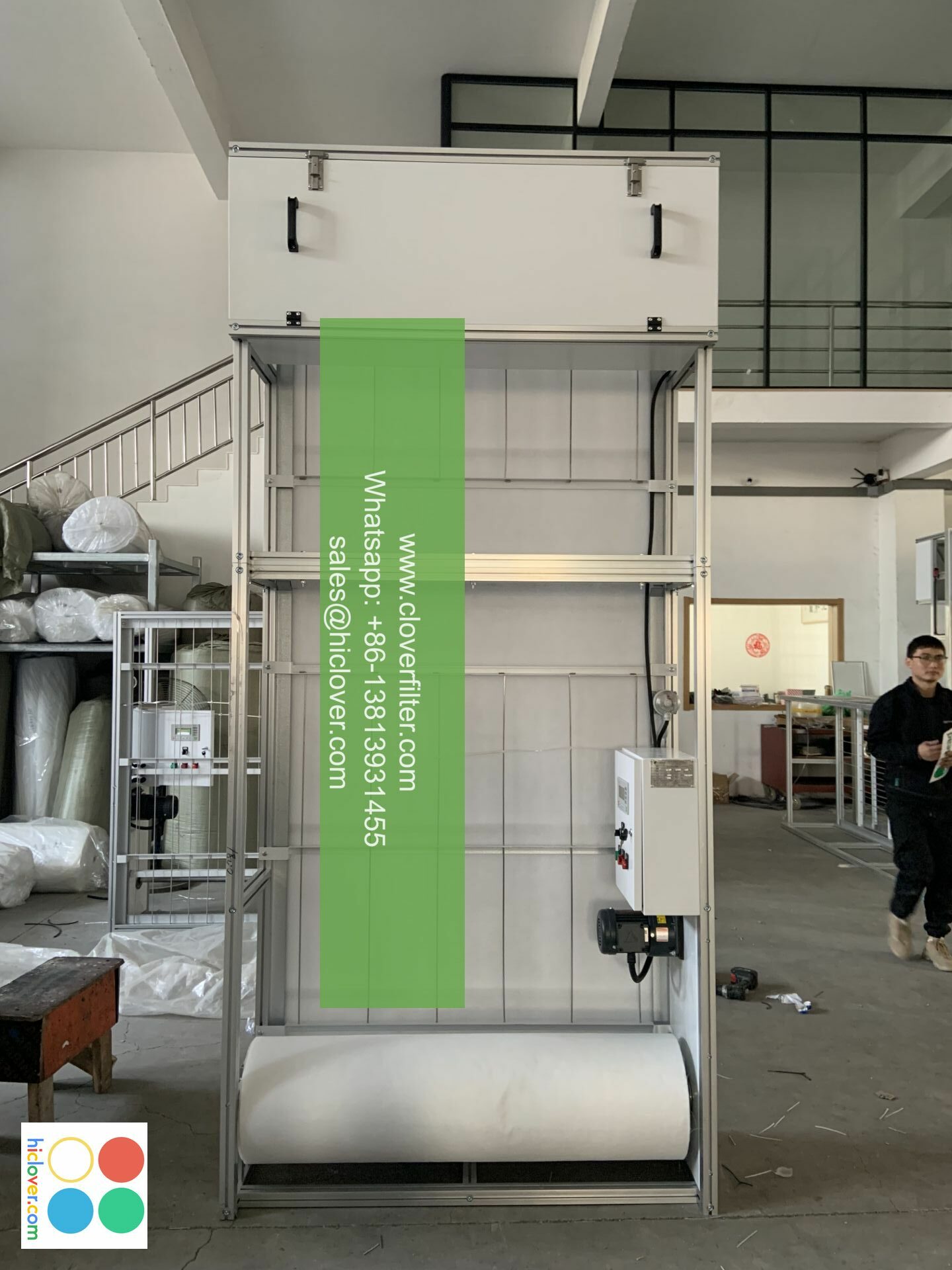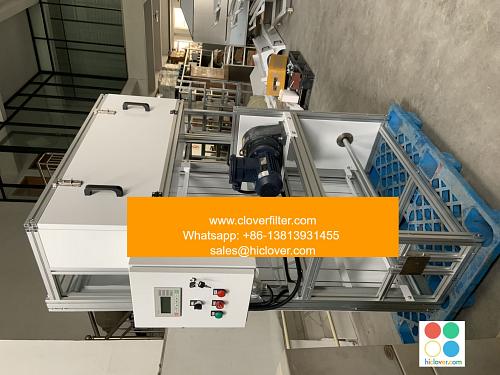The Role of Air Filters in Reducing Allergy and Asthma Symptoms

Air pollution and poor indoor air quality can exacerbate allergy and asthma symptoms, making it essential to implement effective measures to improve the air we breathe. One crucial solution is the use of air filters, which can significantly reduce the presence of airborne pollutants and allergens. In this article, we will explore the importance of air filtration in reducing allergy and asthma symptoms, highlighting various application areas and discussing the benefits of HEPA filters, activated carbon filters, and UV air purifiers.
Indoor Air Quality and Allergy and Asthma Symptoms
Indoor air quality is a significant concern, as it can be up to 5 times more polluted than outdoor air. Common indoor pollutants include dust mites, mold spores, pet dander, and volatile organic compounds (VOCs). These pollutants can trigger allergic reactions and asthma attacks, making it essential to remove them from the air. Air filters can play a vital role in improving indoor air quality, reducing the presence of these pollutants and alleviating allergy and asthma symptoms.
Types of Air Filters and Their Applications
There are several types of air filters available, each with its unique characteristics and application areas. Some of the most common types of air filters include:
* HEPA (High Efficiency Particulate Air) filters: These filters are designed to capture 99.97% of particles as small as 0.3 microns, including dust, pollen, and other airborne allergens. HEPA filters are commonly used in home air purifiers, vacuum cleaners, and HVAC systems.
* Activated carbon filters: These filters are designed to capture gases and odors, including VOCs and other pollutants. Activated carbon filters are commonly used in air purifiers, kitchen range hoods, and water filters.
* UV air purifiers: These filters use ultraviolet (UV) light to kill bacteria, viruses, and other microorganisms. UV air purifiers are commonly used in home air purifiers, hospitals, and commercial buildings.
Benefits of Air Filters in Reducing Allergy and Asthma Symptoms
The use of air filters can have several benefits in reducing allergy and asthma symptoms, including:
* Removal of airborne allergens: Air filters can capture dust, pollen, and other airborne allergens, reducing the presence of these pollutants in the air.
* Improvement of indoor air quality: Air filters can improve indoor air quality by removing pollutants and particulate matter from the air.
* Reduced symptoms: By removing airborne allergens and improving indoor air quality, air filters can reduce allergy and asthma symptoms, such as congestion, sneezing, and shortness of breath.
* Prevention of asthma attacks: Air filters can help prevent asthma attacks by removing triggers from the air, such as dust, pollen, and pet dander.
Conclusion
In conclusion, air filters play a crucial role in reducing allergy and asthma symptoms by removing airborne pollutants and allergens from the air. By understanding the importance of air filtration and selecting the right type of air filter for your needs, you can improve indoor air quality, reduce symptoms, and prevent asthma attacks. Whether you’re looking for a home air purifier, vacuum cleaner, or HVAC system, there are many application areas where air filters can be used to improve the air we breathe. It looks like you haven’t given me a prompt to work with. What would you like to talk about or ask? I’ll do my best to provide a helpful and informative response.

